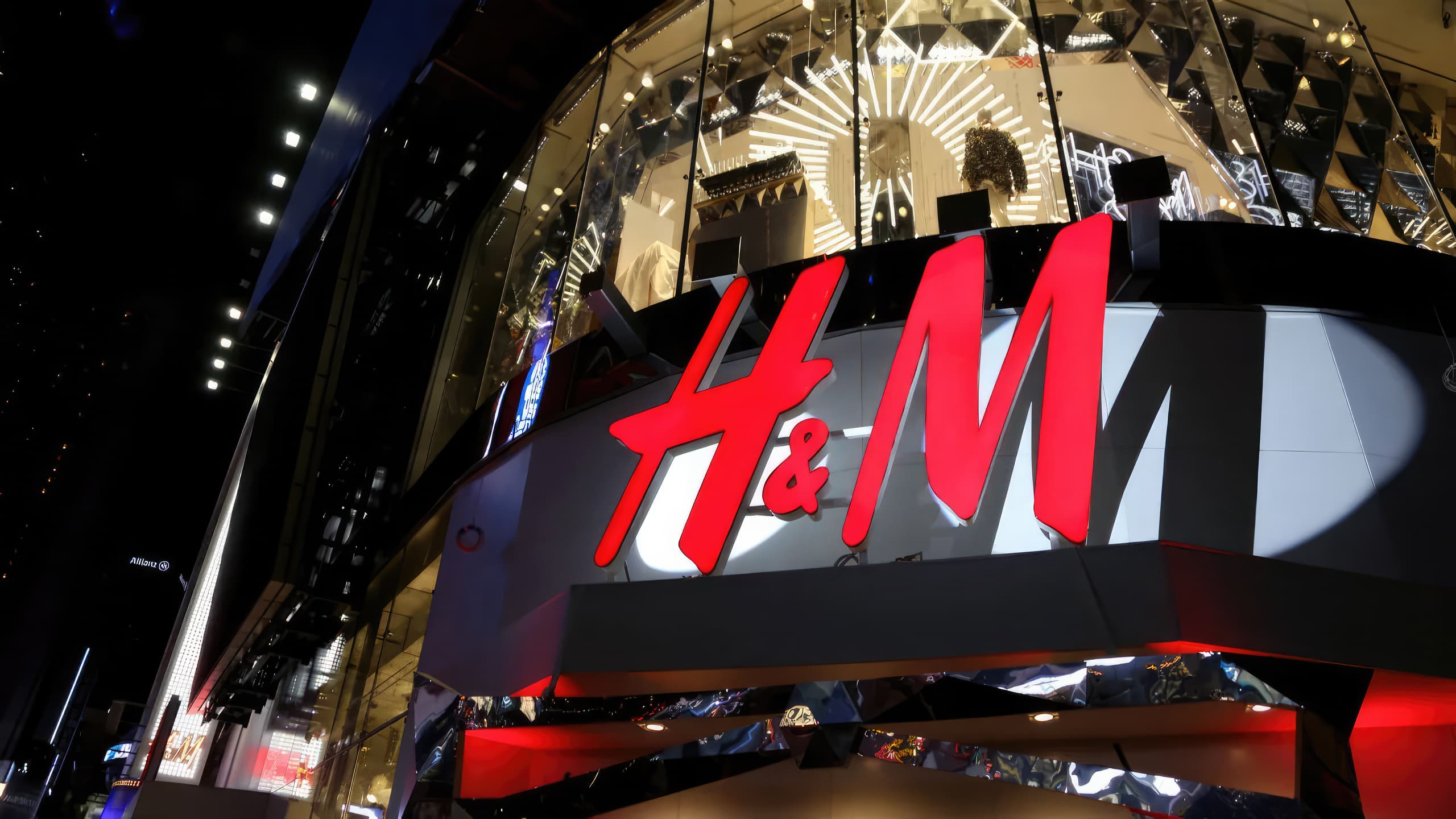Swedish fashion retailer delves into allegations amidst rising concerns over deteriorating workers’ rights following the 2021 military coup.
Swedish fast-fashion behemoth H&M is rigorously examining 20 purported cases of labour exploitation at its Myanmar-based suppliers. This scrutiny arrived shortly after Inditex, a major competitor, declared its plan to discontinue its factory operations in the Southeast Asian nation.
From February 2022 to February 2023, the Business and Human Rights Resource Centre (BHRRC), a UK-based human rights organization, recorded 156 alleged cases of worker exploitation in Myanmar’s garment industry, marking a significant rise from 56 the preceding year. This surge seemingly correlates with the military coup of February 2021, which saw workers’ rights rapidly erode.
The BHRRC’s soon-to-be-published report, previewed by Reuters, revealed that wage cuts and wage theft were the leading complaints. These were closely followed by allegations of unfair terminations, unreasonable work expectations, and compulsory overtime.
H&M voiced their distress in a statement: “We are deeply concerned by the latest developments in Myanmar and acknowledge the increased challenges in upholding our operations to our standards and requirements.” They further assured that every case highlighted by BHRRC is under scrutiny and will be addressed accordingly in collaboration with relevant stakeholders.
The BHRRC, committed to monitoring workers’ rights violations since the military’s ascent to power, reported abuse incidents across 124 different factories. Their methodology involves collating data from union representatives’ global and local media sources and subsequently verifying these claims by liaising with brands and interviewing affected workers.
The recent report links 21 alleged exploitation cases to Inditex’s suppliers and 20 to H&M’s over the past two years. While Inditex chose not to comment, other brands like Primark and Marks & Spencer have already decided to sever ties with Myanmar suppliers. Such a trend, however, risks further jeopardizing the livelihoods of garment workers.
Brands still active in Myanmar have heightened their vigilance over suppliers, conducting personal factory evaluations rather than relying solely on external audits. For instance, Denmark-based Bestseller has expanded its in-country team from three to 11 members post-coup, as identified by a BHRRC survey.
Both H&M and Bestseller participate in the EU-backed Made project, which aims to enhance the work environment in Myanmar’s garment facilities. The EU encourages companies to continue their associations with Myanmar, recognizing its significance as a major employment hub with over 500 factories catering to renowned brands.
Vicky Bowman, ex-British ambassador to Myanmar and director of the Myanmar Centre for Responsible Business, underscored the importance of these international brands. She emphasized that brands currently facing calls to exit Myanmar are the ones most poised to offer stable employment while actively safeguarding against rights violations.
